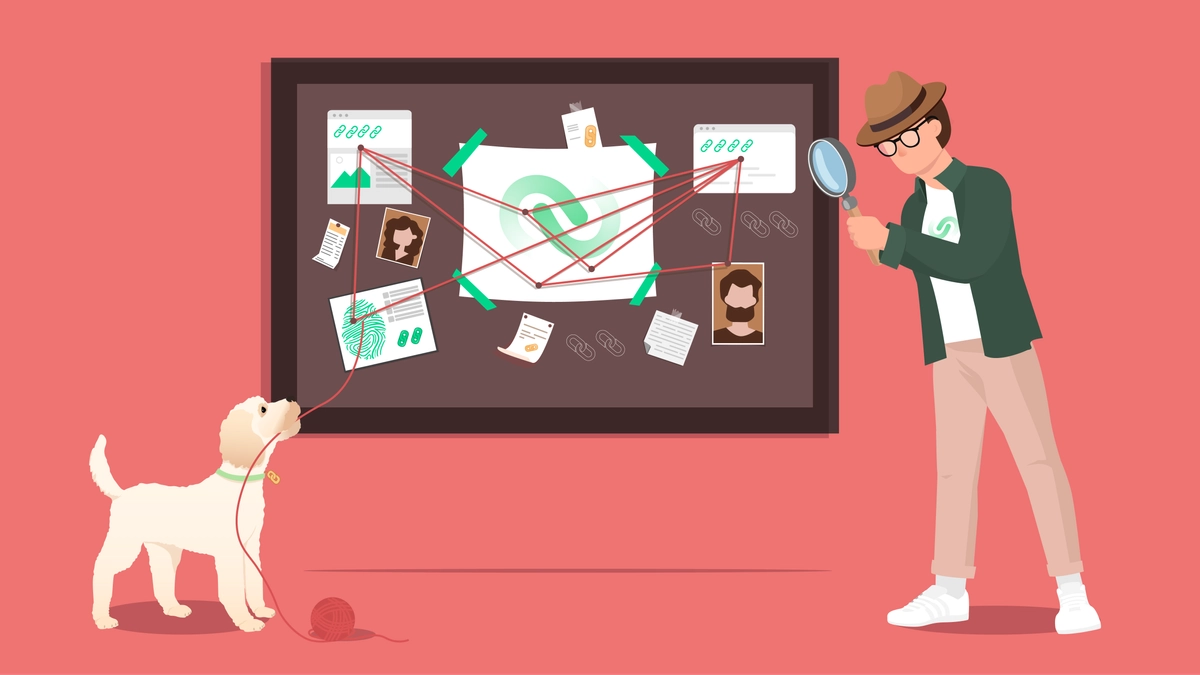Somewhere in the dusty corners of the internet, a self-proclaimed SEO consultancy expert has declared—once again—that “link building is dead.”
That same expert probably still buys backlinks from a bloke in a forum who promises “1,000 high-quality links for £4.99.”
This is not SEO. This is witchcraft with fewer ethics.
The truth is simple. Link building isn’t dead.
It’s just a lot pickier than it used to be.
And, much like a librarian in Ankh-Morpork, it knows when you’re up to something.
Why Links Still Matter
Google still uses links to work out which sites to trust. It’s not the only thing, but it’s still one of the big ones. Like a pub landlord who remembers who bought him a pint last year.
When one website links to another, it’s like a quiet nod.
“This lot might know what they’re talking about.”
Enough nods, and Google starts paying attention.
But here’s the catch: not all nods are equal.
A link from a respected website in your industry? Helpful.
A link from a blog called “fluffybunnysocks-casino.ru”? Less so.
What Most People Do Wrong
Too many people still chase numbers. More links. More domains. More spreadsheets.
They buy from shady sellers. They spam comments. They publish guest posts that read like they were written by a tired AI on its lunch break.
The result? A bloated backlink profile full of nonsense—and a confused Google.
Because here’s the thing: Google’s been around the block. It knows the difference between a natural link and one that’s been stuck on like a fake moustache.
What Actually Works
Local Links From Real Places
You don’t need The Times to talk about you. You just need local news, suppliers, directories, and community sites to link back to you on purpose.
Sponsor a local football team. Speak at a local event. Get an affordable, professional SEO agency to list you in local directories that don’t look like they were made in 2003.
Create Stuff Worth Linking To
This doesn’t mean you need a ten-thousand-word guide to radiator valves. It means making something useful.
Could be a checklist. A pricing guide. A real case study with actual numbers. Anything someone else might find helpful enough to mention.
But no one’s linking to your homepage just because it exists. Sorry.
Ask Nicely – Without Being Annoying
Outreach isn’t dead either. It’s just full of bad manners.
“Dear Sir/Madam, I noticed your article and thought my link would add immense value.”
No, it won’t.
But if you write something useful, find someone who might care, and say something like:
“Hi, I saw your piece on boiler repair. We just wrote a quick guide on warning signs before a breakdown. Thought it might help your readers.”
You might get a reply. Maybe even a link. No begging. No spam. Just being useful.
Fix What’s Already Broken
Look at websites that have linked to yours in the past. Check if the pages still work. If not, fix them.
Also, check who mentions you but hasn’t linked.
You’d be surprised how many people will add a link if you just ask—politely, and without sounding like a robot that’s learned manners from a cereal box.
What You Should Avoid (If You Like Rankings)
- Buying links from anyone who offers “packages”
- Swapping links with other sites like you’re in Year 6 trading stickers
- Publishing guest posts on sites that are just walls of text and ads
- Putting links in forums, comments, or fake profiles
- Using the same anchor text everywhere like it’s a magic spell
Google’s clever now. Not clever like a philosopher, but clever like a taxman. It notices patterns, and it doesn’t like tricks.
The Simple Truth
Link building still works.
But it only works when people link to you because they want to.
Not because you paid them.
Not because you asked five times.
Not because you hid the link in white text at the bottom of a page about horse saddles.
It works when people think:
“Ah. That’s useful. I’ll share it.”
Which, in SEO terms, is about as close to magic as you’ll get.





